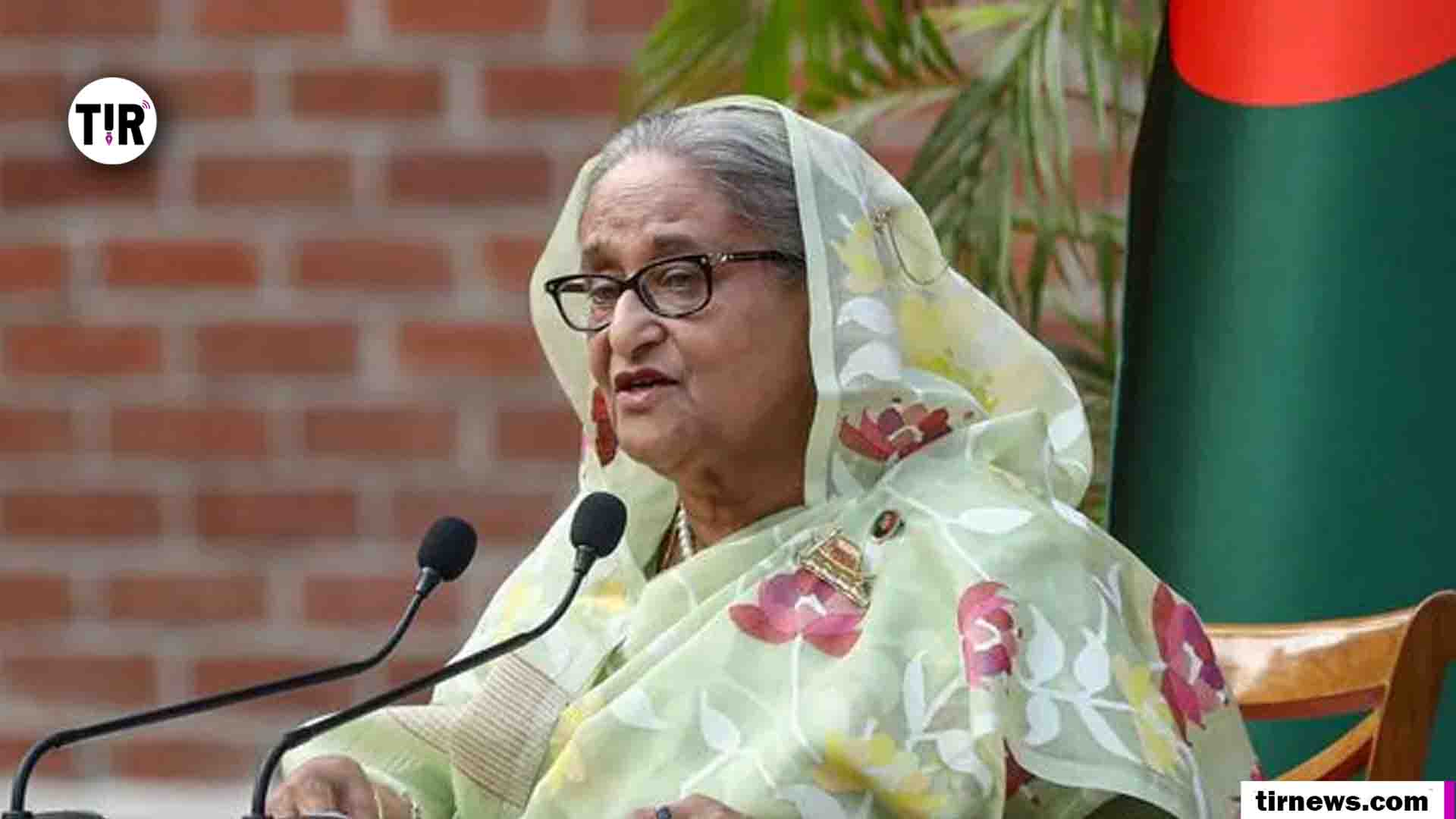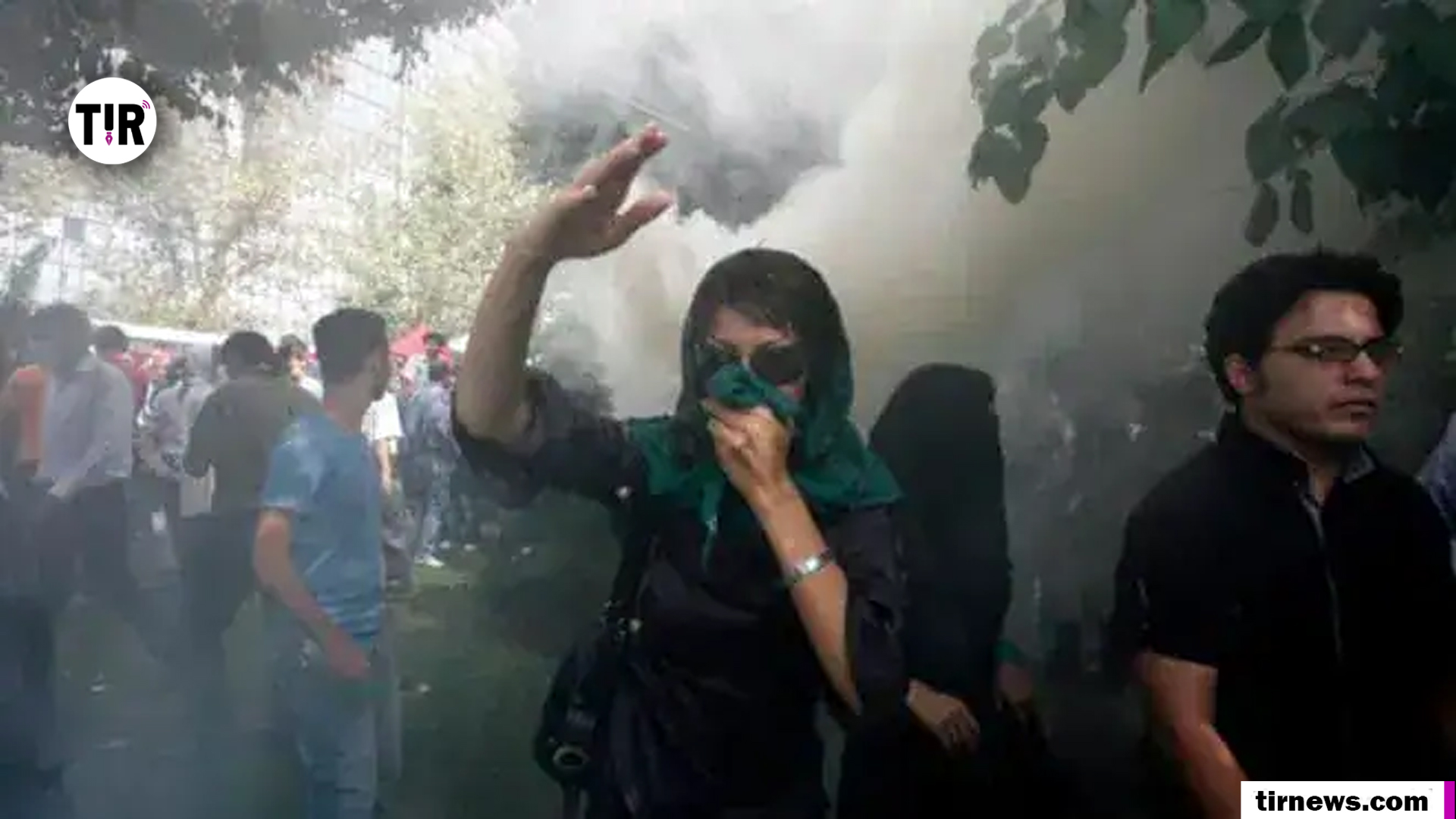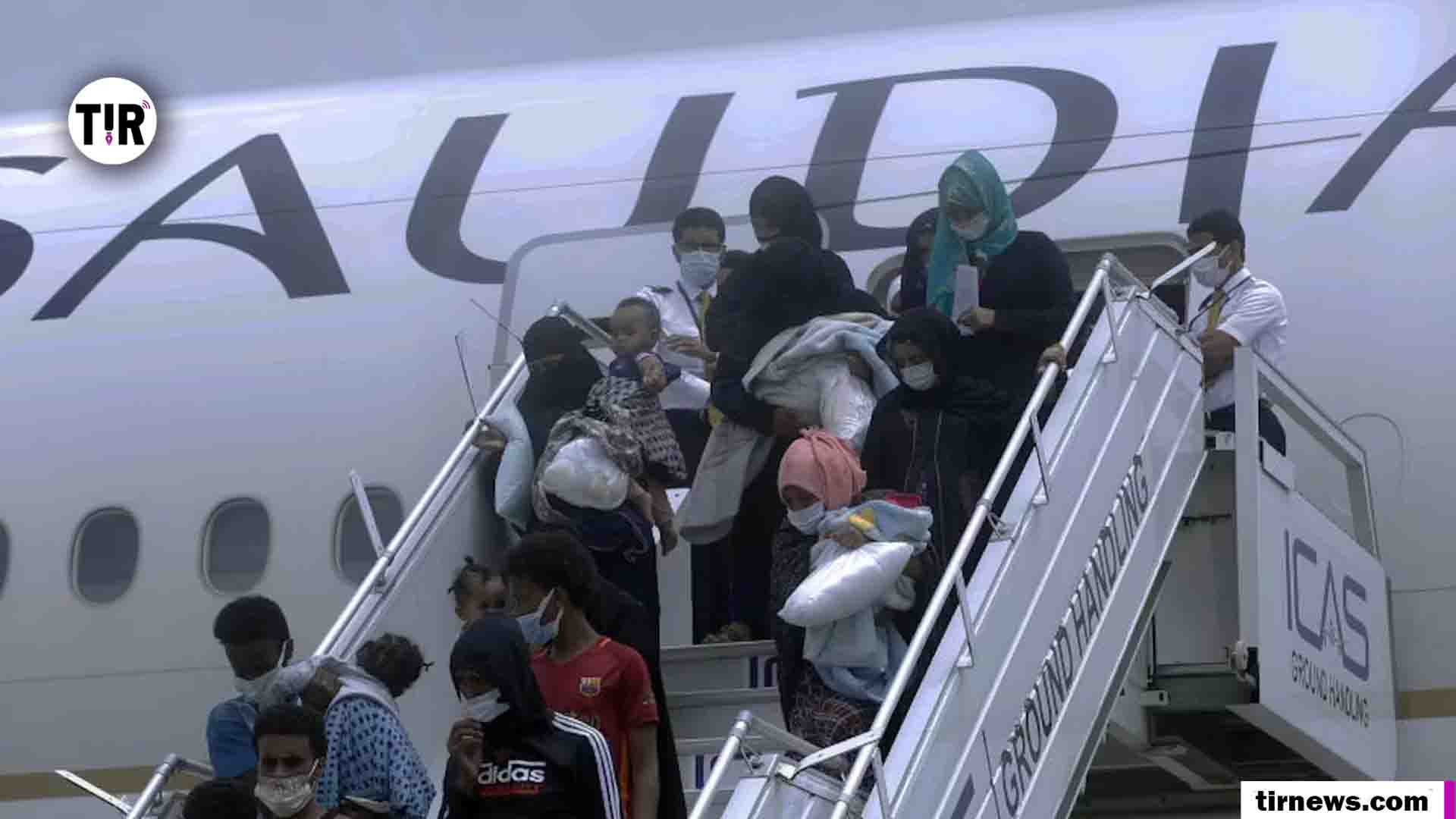In a historic move, Bangladeshi Prime Minister Sheikh Hasina has been formally indicted in a case of crimes against humanity by an international court, marking an unprecedented moment in South Asian politics. The charges stem from allegations of widespread human rights violations, political persecution, and state-sponsored violence under her administration.
The indictment follows months of investigation and mounting evidence presented by international human rights organizations and Bangladeshi opposition figures. The court has accused Hasina of overseeing systematic crackdowns on dissent, enforced disappearances, custodial torture, and extrajudicial killings, particularly targeting political rivals and journalists.
This legal development has sent shockwaves across Bangladesh and the region. Critics argue that her administration has long eroded democratic institutions and used state machinery to silence opposition voices. Meanwhile, supporters claim the case is politically motivated and part of a broader campaign to destabilize the country.
The Bangladeshi government has yet to issue an official response, but legal experts suggest the indictment could severely impact the prime minister’s international standing and may lead to diplomatic repercussions.
International watchdogs have welcomed the move as a step toward accountability, with many calling on other global powers to reevaluate their ties with Hasina’s regime until due justice is served.



